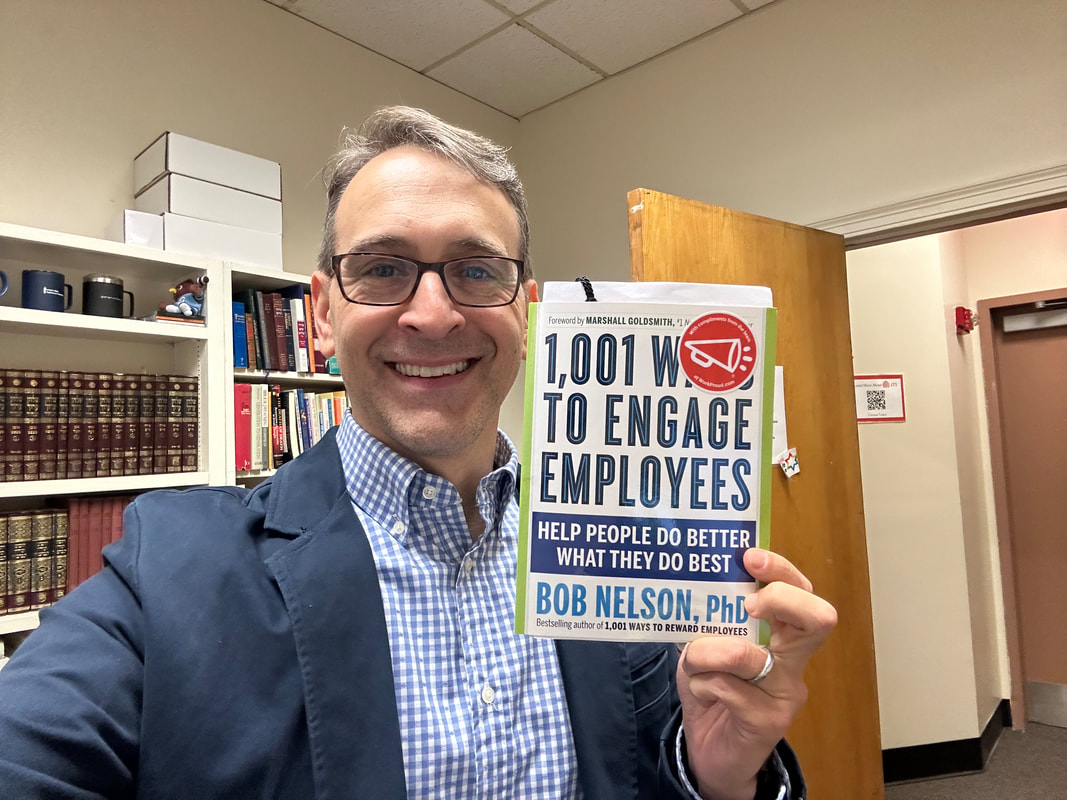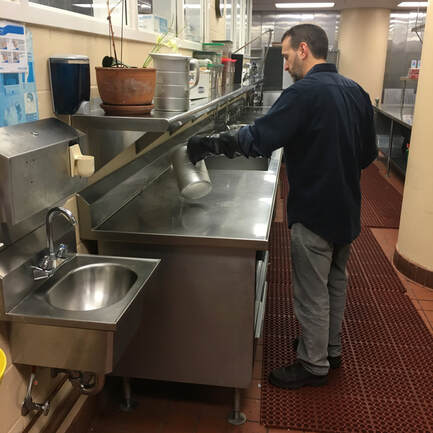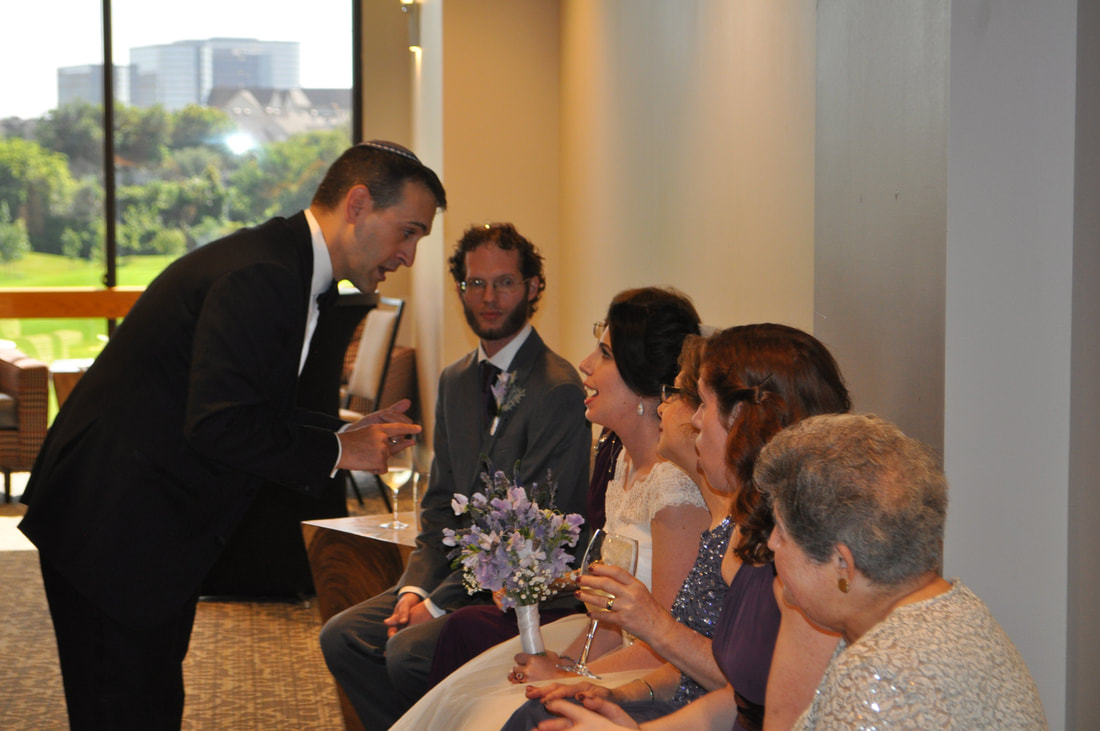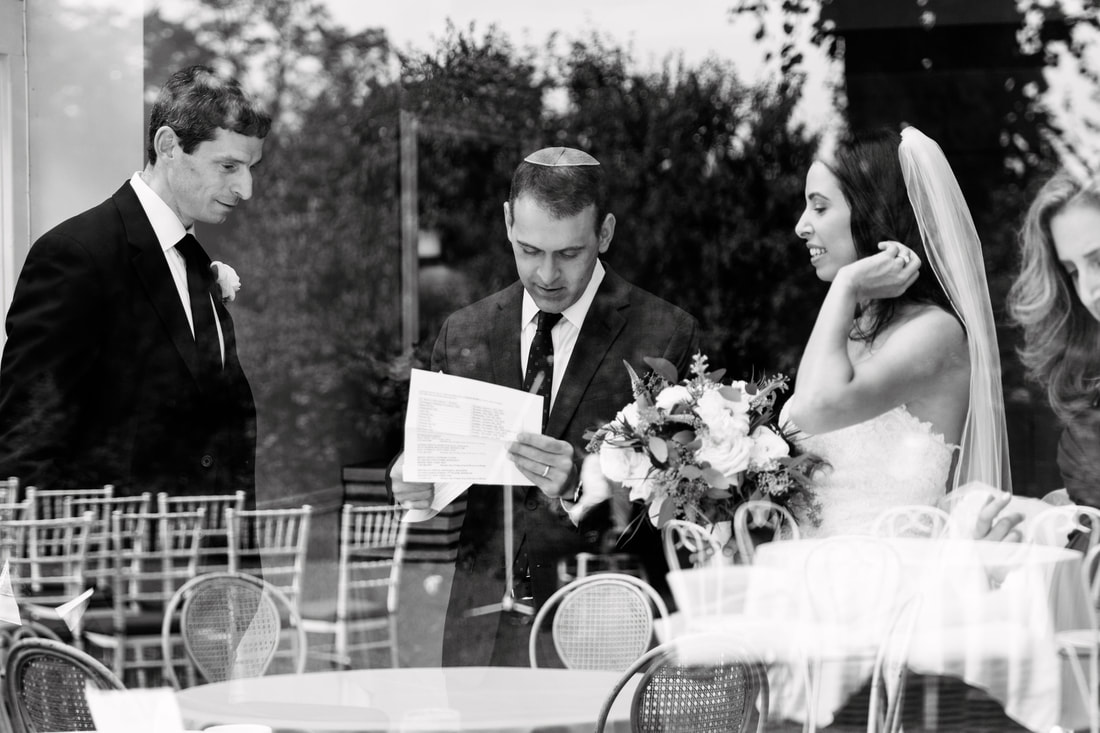All material on this web site represents the personal opinions of Rabbi Rafi Cohen and not any organization with which he is or has been affiliated, unless otherwise clearly stated.
Rabbi Rafi Cohen discovered his love of Judaism and Israel as a camper and staff member at Camps Ramah in New England, Wisconsin, and Darom (means south b/c the camp is in Georgia). Dedicated to engaging others to create meaningful and personally enriched Judaism, Rabbi Cohen has held various positions with the National Ramah Commission, United Jewish Communities (now JFNA) and Hillel, The City College of New York. Most recently as Director of Admissions for The Rabbinical School and H.L. Miller Cantorial School at JTS, Rabbi Cohen guided prospective students in discerning the path of their Jewish commitments and assisting them in gaining the experience to successfully prepare for lives of sacred service. Rabbi Cohen earned a BA from Brandeis University with a minor in Journalism, an MA from the William Davidson Graduate School of Jewish Education, and Rabbinic Ordination at JTS. He has completed the Rabbinic Management Institute at the American Jewish University, possesses two units of level one CPE, is a trained Rav hamakshir from the Rabbinical Assembly, and successfully completed the JOIN for Justice organizing fellowship.
I am an LGBTQ ally and friend. I create an environment for you to be heard and seen with compassion, respect, and dignity.
Please note: Rabbi Rafi Cohen is not a psychiatrist or a psychologist and his work providing life-cycle (i.e. marital) counseling is not a replacement for psychological therapy. He is a member in good standing with the Rabbinical Assembly.




